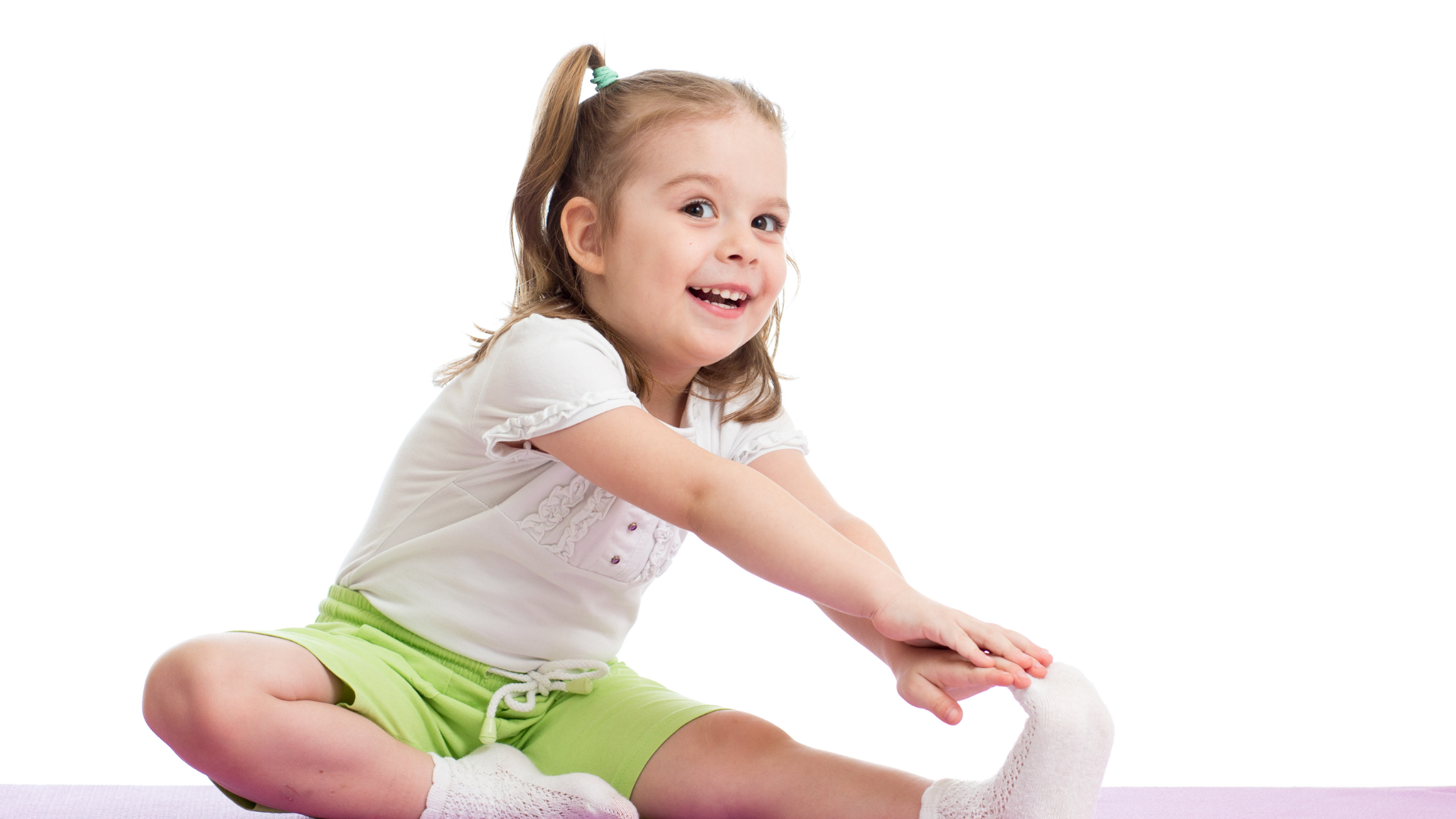

Medically reviewed by Dr Mitsu Shah, Paediatric GP at Kidswell Health
In a world filled with screens, busy schedules, and increasing concerns about childhood inactivity, helping children build healthy movement habits has never been more important. Daily movement, especially time spent walking or playing outdoors, does far more than burn energy. It supports brain development, builds emotional resilience, and boosts long-term physical health. But how much exercise do children need?
Daily movement helps children in almost every area of development.
Physically, it supports:
Mentally, regular movement improves:
A growing body of research shows how vital daily movement is for children’s physical, mental, and cognitive development.
🧠 Outdoor movement supports motor skill development
A 2025 study from the Norwegian University of Science and Technology found that just 30 minutes of unstructured outdoor time after a day at childcare significantly improved motor competence in young children – especially skills like balance, coordination, and core strength.
🧠 Movement enhances brain development and cognitive performance
A 2023 study in Nature Communications revealed that consistent physical activity, especially outdoors, is linked with better brain structure and cognitive function in children, reinforcing the mental and emotional benefits of daily movement.
Tip: Movement doesn’t have to mean structured or strenuous exercise – a walk home, garden play, or time at the park all count towards healthier development.
“At least 60 minutes a day supports healthy weight and behaviour”
A 2005 study published in the Journal of School Health emphasised the importance of children getting at least 60 minutes of physical activity per day. It found that regular movement supports a healthy body weight, improves classroom behaviour, and reduces sedentary time.“Children should aim to do 60 minutes of moderate to vigorous exercise a day across the week. This should be modified to 20 minutes a day for those children with disabilities. We know that it benefits the child’s muscle & bone growth, their concentration ability and decreases the risk of several chronic diseases if maintained”. – Dr Mitsu Shah, Paediatric GP at Kidswell Health.
The benefits of exercise are multifold in children – not only does it build strong muscles and improve endurance but also it will strengthen bones for their future going forward. On a less physical level we know that time outside improves the risk of depression, and helps cognition and concentration hugely. Not to mention the improvement in things like sugar levels and improving heart health.
Walking to school is one of the easiest ways to build movement into your child’s routine. It creates a sense of rhythm, connection, and calm – and it sets them up for better focus during the school day.
According to Living Streets, children who walk to school:
Plus, walking with a parent or carer offers valuable time to connect without screens or distractions.
“Walking to school has numerous benefits from increasing the time in natural daylight, which decreases the change of myopia (nearsightedness) to spending uninterrupted time with your little one, giving a chance to brief/debrief the day. Outdoor physical, even low level activity, increases serotonin levels and dopamine production setting your child up for a productive and happy day. Even if this is done a few times a week the above health benefits speak for themselves.” – Dr Mitsu Shah.
While walking has clear health benefits, we also need to be mindful of air pollution, especially around busy roads.
Air pollution is known to affect children’s lung development and has been linked with increased risk of asthma, allergies, and even cognitive effects.
Learn more at Living Streets
Here are some ways to encourage walking and daily movement as part of family life:
Helping your child move every day isn’t about perfection, it’s about small, consistent habits that support lifelong health. Whether it’s walking to school, playing in the garden, or dancing in the kitchen, daily movement helps children feel better, learn better, and grow stronger – inside and out.
Our team of experienced clinicians can help. Get in touch to book a consultation or find out how Kidswell Health can support your child’s development.
Learn about hand, foot and mouth disease in children - early signs, treatment, contagious period, and when your child can…
Learn about RSV symptoms, causes, and treatment. Understand how to spot signs early, protect your baby and when to seek…
When a child is finding emotions, behaviour, learning or relationships difficult, parents often come across many different professional titles and…
By Debra Silver, Paediatric Physiotherapist at Kidswell Health Watching your baby reach new milestones is one of the most exciting…
Learn about positional talipes in newborns and babies: causes, treatment, recovery time, and how physiotherapy at Kidswell Health can help.
Dr Mitsu Shah explains common side effects of baby vaccinations.